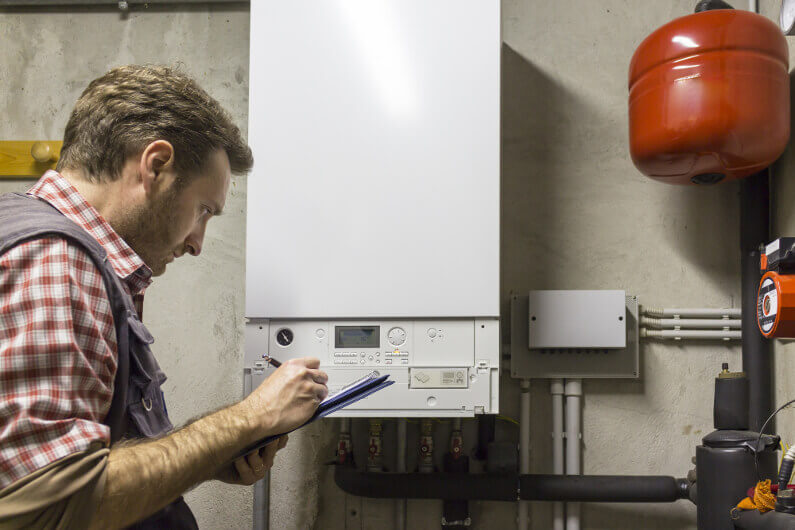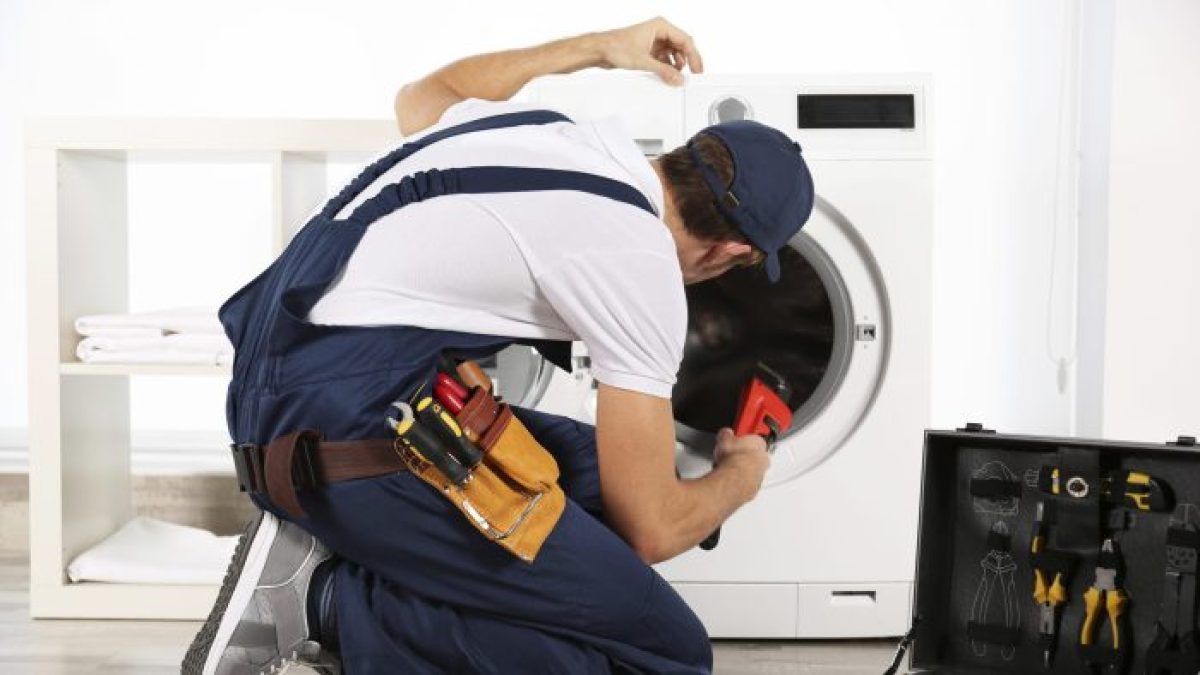Six Habits You’re Unknowingly Destroying The Plumbing Appliances
Six Habits You’re Unknowingly Destroying The Plumbing Appliances
Blog Article
Have you been interested in details around Don’t Let an Earthquake Damage Your Plumbing?

The trick to long lasting devices, unsurprisingly, is proper maintenance. There's no set rule that can ensure your plumbing devices a long wear, but you can stop unnecessary damage and also repair work by staying clear of bad plumbing practices.
You need to stop doing these 6 things else you'll maintain calling your plumber over for minor faults.
Flushing whatever
Yes, your toilet drain causes the sewage systems, yet that does not indicate you must discard just anything down the tubes. Numerous 'flushable' materials are in fact great clog beginners, for instance dental floss. Asides keeping noticeable non-flushable products like cables as well as plastics out of your bathroom, you should additionally prevent flushing cotton swab, menstruation products, wipes, daipers and also prophylactics down the toilet drain.
Pouring oil in the sink
We know correctly throwing away grease after a hearty meal is a discomfort. However merely putting it down the drain can do long-term harm to your pipes. "The fat and also grease can obstruct your drain terribly enough to force you to call a plumber," explains Dawson. "Plumbing functions best when it's well cared for-- not abused with oil."
Utilizing too much drainpipe cleaner
Using a drainpipe cleaner more than one or two times a month is an indication that something serious is taking place within your pipes. Now, instead of dealing with the main problem, you go for a quick fix; a fizzy drainpipe cleaner. Rightfully, a drain cleaner will care for the clog, however at what cost?
The chemicals in a drain cleanser can hasten the rust of your pipelines. Include that to whatever underlying problem is triggering the blockage and also you may have to a severe trouble on your hands.
If you experience too many clogs, call your emergency plumber rather than utilizing a drainpipe cleaner.
Not washing recipes prior to loading them into the dishwasher
it's called a dishwashing machine, however tossing in meals, pots, and pans covered in large food particles can actually cause some significant damages to the device, causing long-lasting issues down the line. "House owners may have to obtain their dish washer repaired more often if they don't rinse their recipes prior to filling, or at least get rid of larger food items," clarifies Audrey Monell, owner of Forrest Anderson Plumbing and also Air Conditioning in Glendale, Arizona. "Food that obtains stuck on recipes causes the dish washer to function harder, which can wear down components quicker, leading to problems."
DIYing every little thing
With plumbing, a stitch in time truly does conserve nine. You can stop a fullblown plumbing emergency by calling your plumber at the correct time.
You might have learnt a few plumbing hacks from your daddy, yet you should certainly know where to fix a limit as well as call a specialist. As an example, you might have the ability to deal with an obstruction on your own, yet you should not attempt to alter a pipe. You might mismatch pipes or overtighten a screw, creating even more injury as well as damage than you assumed. Calling a plumber is a secure as well as cost effective choice.
Not altering your dishwasher hoses
One very easy method to ensure that you utilize your dishwashing machine for several years is to change the hose at the very least once in 5 years. This also requests washing machine hose pipes.
Over time, food fragments, soap as well as grease can create blockages within your pipelines. Changing them on time will certainly avoid any presure develop that can harm the internal functions of your dish washer or washing device.
A strengthened steel braided hose does a fantastic task of extending your maker's usage time.
No wintertime safety measures
Severe weather are bad for your pipes, specifically if they're constructed from steel. You should protect your revealed pipelines, and also your water tank, even if you have a hot water heater. You ought to additionally switch off your yard pipe valve and any other exterior water channels. These networks are outlets for cool; you pipelines can start to ice up from outside if you don't.
Ways That Hard Water Affects Your Plumbing And Appliances
CLOGGED DRAINS
Calcium and magnesium from hard water go beyond the drain screen that you clean. Each time water passes through the drain screen, the minerals attach to the sides of the pipes and other hard water deposits. As you continue to use the drain, more of the minerals attach to these deposits, eventually clogging the drain. Most drain cleaners remove only a small amount of the minerals, so the drain continues to run slow and back up water in your sinks, tubs, and showers.
DECREASED WATER FLOW
Do you have a faucet that runs slow even when you increase the water flow at the valve? Hard water deposits not only affect how water runs out of your home but also how water is delivered to your faucets. When calcium, magnesium, and minerals build up in pipes, it slows the flow of water and also builds up pressure inside the pipes that causes a backflow of water.
CORROSION
Calcium and magnesium have properties that are destructive to certain types of metal, many of which are used for plumbing in older homes. The minerals slowly break down the metal in your pipes. This can cause leaks, breaks, and even discolored water. If the corrosive section of the pipe is not repaired and the hard water deposits removed, entire sections of your plumbing may disintegrate. You may end up replacing a large portion of your plumbing system. Corrosion can happen on any metal surface, not just your pipes. Calcium and magnesium can also cause corrosion on your faucets, drains, valves, appliances, and fixtures.
REDUCED WATER QUALITY
You rely on your plumbing system to deliver clean water for cooking, washing your clothes, bathing, and many other daily tasks. Hard water has small particles of minerals in it. The water is safe to drink, but it is not ideal for your appliances. The minerals interfere with how soaps and detergents work to remove dirt, food, oils, and other substances. As a result, you must use more cleaning products, and your appliances have to work harder to clean dishes and clothes.
BROKEN PIPES AND LEAKS
Broken pipes and leaks from hard water happen in two ways. First, hard water is corrosive to the materials that are used in older homes. Eventually, minerals eat through the pipe and create a small opening in the side of the pipe. The opening grows larger and larger until you have a major leak on your hands. Second, the mineral deposits inside the pipes prevent water from flowing through efficiently. If the water is pushed through the plumbing at the same volume, pressure builds up, and eventually, the pipes and connections fail.
ENERGY EFFICIENCY
Hard water and mineral deposits in your plumbing affect the energy efficiency of your appliances, even the older models that do not meet modern standards. When you find a white residue on your dishes or your clothes don’t feel clean, you may find yourself running the wash cycle a second time. This requires more energy use and raises your utility bills. Some newer high-efficiency models of dishwashers and washing machines have sensors that detect when items are clean. Hard water deposits on the dishes or clothes will trigger the sensors and cause the appliance to run longer.
Another way that hard water affects your budget is the investment you make in products for hard water deposits. Rather than spending your money on higher utility costs and household products, invest in a water softening system from Beyer Plumbing Co. to prevent the problems of hard water.
WEAR AND TEAR
Hard water deposits build up on the connections, drains, and jets in your washer or dishwasher that circulate the water and clean your clothes and dishes. As a result, water may collect inside your appliances, creating the ideal environment for corrosion, mold, and other damaging substances. The components break down sooner, and your appliances may not last as long as expected. In some cases, the lifetime of an appliance may be reduced by three or four years simply due to hard water deposits. Using soft water in your appliances ensures that you get the maximum return on your investment.
https://beyerplumbing.com/9-ways-that-hard-water-affects-your-plumbing-and-appliances/

Do you like more info about Ways to Make Your Pipes Last Longer? Put a short review down the page. We'd be interested to find out your opinion about this article. We are looking forward that you visit us again before long. Liked our content? Please share it. Let somebody else locate it. Thanks for your time. Don't forget to pay a visit to our blog back soon.
Schedule Your Job Now Report this page